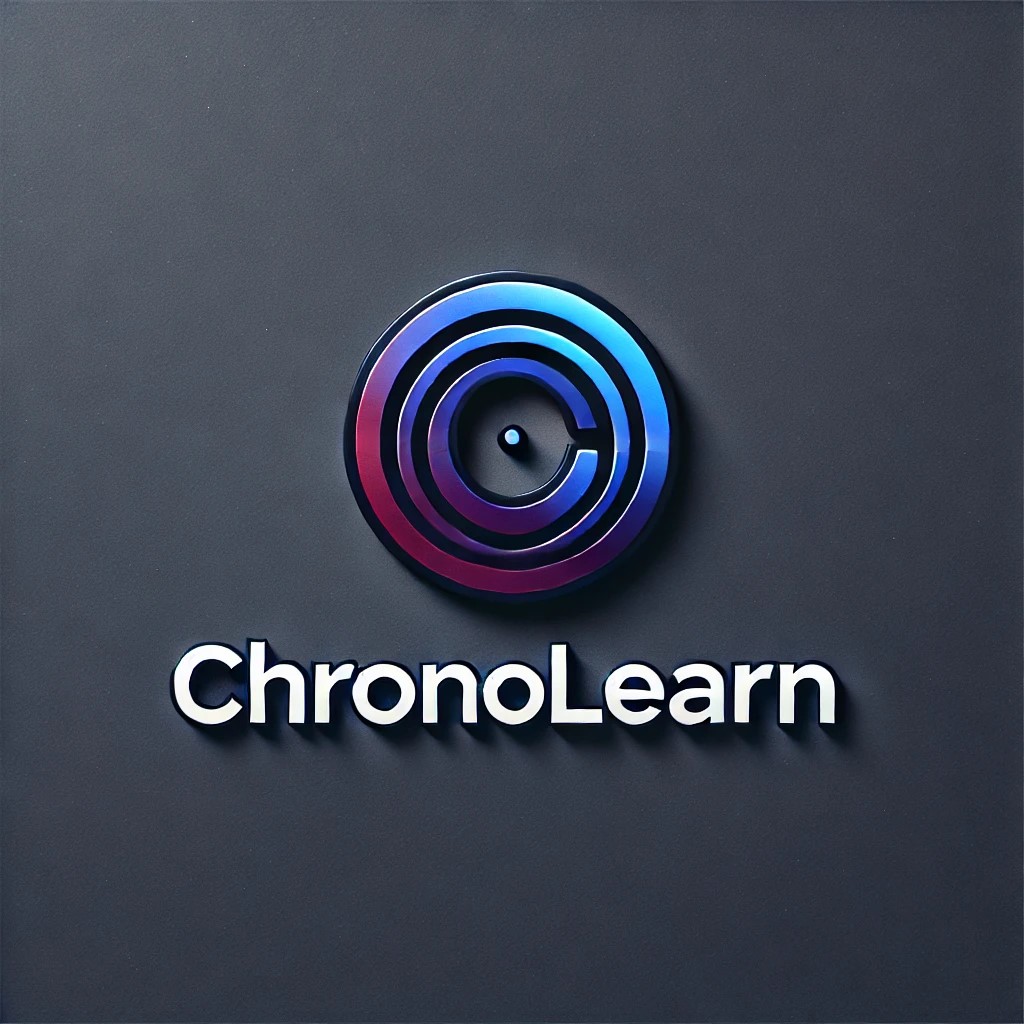
Landing Page Vs. Websites: The Major Differences
Introduction
As digital marketing evolves in 2025, businesses are constantly seeking the most effective way to engage users and convert traffic. Two terms that often create confusion, especially for startups and marketers new to online strategies, are landing pages and websites. While both play essential roles in a brand's digital presence, they serve very different purposes.
This blog explores the fundamental differences between landing pages and websites, helping you decide when to use each for maximum impact and performance.
What is a Landing Page?
A landing page is a standalone web page designed with a single objective in mind—typically to convert visitors into leads or customers. These pages are often used in digital campaigns and are not navigated like a full website.
Common uses of landing pages:
-
Promoting a specific product or service
-
Capturing email signups
-
Offering free resources (eBooks, trials, webinars)
-
Driving traffic from paid ads or email campaigns
Key characteristics:
-
Focused messaging
-
Minimal distractions
-
Strong call-to-action (CTA)
-
Optimized for conversions
What is a Website?
A website is a broader digital platform made up of multiple interconnected pages that provide information about a business, brand, or service. It serves as the central hub for a company’s online presence.
Common sections of a website:
-
Homepage
-
About Us
-
Services or Products
-
Blog
-
Contact page
-
Careers or Testimonials
Key characteristics:
-
Multi-page structure
-
Internal navigation
-
Content-rich and informative
-
Designed for exploration and brand storytelling
Landing Page vs. Website: Key Differences Feature Landing Page Website Purpose Drive a specific action (e.g., signup, purchase) Provide comprehensive information about brand Navigation Limited or none Full site navigation across multiple pages Audience Focus Narrow and targeted Broad and general Content Focused and concise Detailed and expansive Conversion Rate Typically higher Lower, due to more distractions Usage Campaign-specific (ads, emails, PPC) Permanent online presence Load Speed & Performance Faster, lighter Heavier, more media/content When Should You Use a Landing Page?
Landing pages are ideal when you want to guide users toward one action without overwhelming them with choices.
Use a landing page when:
-
Running a paid ad or email campaign
-
Promoting a time-sensitive offer or product
-
Testing a new product or service (A/B testing)
-
Capturing leads with a gated offer
When Should You Use a Full Website?
A website is essential for building brand credibility, attracting organic traffic, and offering a full view of what your business provides.
Use a website when:
-
You need to educate users about your brand
-
Offering multiple services or products
-
Establishing SEO authority through blogs and evergreen content
-
Providing multiple contact or navigation options
2025 Trends: How Landing Pages and Websites Are Evolving
To stay competitive, businesses need to adapt to the latest trends in user behavior and technology.
Landing Page Trends in 2025:
-
AI-powered personalization for dynamic CTAs
-
Mobile-first and voice-optimized landing designs
-
Integration with chatbots and automation tools
-
Video backgrounds and interactive CTAs
Website Trends in 2025:
-
Modular and headless CMS architectures for scalability
-
Enhanced accessibility (WCAG 2.2 compliance)
-
Data-driven content experiences using heatmaps and user tracking
-
SEO-optimized schema markup and core web vitals enhancement
Common Mistakes to Avoid With Landing Pages:
-
Using too many CTAs that confuse users
-
Cluttered design that distracts from the goal
-
Slow load speeds that reduce conversions
With Websites:
-
Poor navigation structure
-
Outdated or inconsistent branding
-
Ignoring SEO best practices
Conclusion
Both landing pages and websites are essential tools in a digital marketer’s toolbox—but they serve different purposes. Landing pages are designed for focus and conversions, while websites are built for engagement and information.
Understanding when to use a landing page versus a full website can significantly improve your marketing performance and ROI. In 2025, the most effective brands are those that use both strategically—landing pages for targeted campaigns, and websites for building long-term authority and trust.






